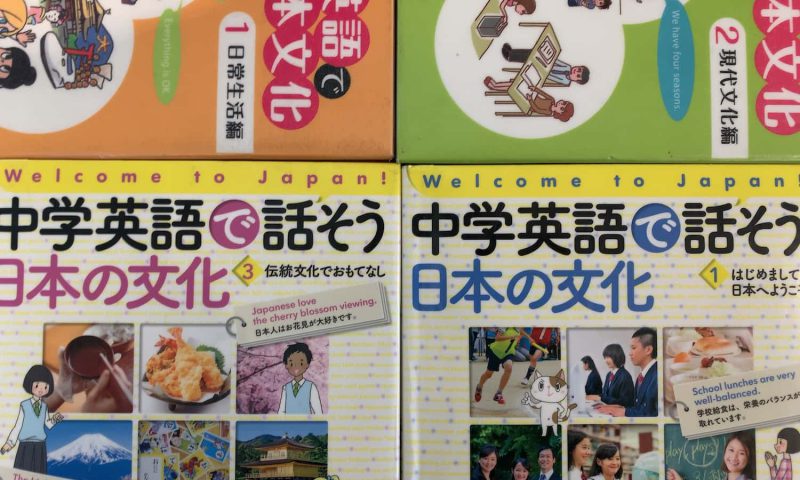Why Do Japanese Have Trouble Learning English?
In Japan, public English education commences from junior high school. Besides the compulsory school curriculum, there are many English preparatory schools in Japan. With an abundance of language training, it is puzzling why Japanese people have such a hard time learning English. The most common explanation is that Japanese and English are so linguistically different. To be sure, there are significant differences in written characters (Hiragana, Katakana, and Kanji), pronunciation, and sentence structure. Even the role played by the tongue in speaking is different. What needs emphasis, however, is the cultural aspect of the problem.
It is no exaggeration to say that language is strongly influenced by one’s upbringing and underlying cultural and social background. The traditional Japanese school system emphasizes passive learning based on Ministry of Education policies and guidance. The teacher speaks from the podium and students dutifully take precise notes. Students in Japan are basically quiet and focus on paying attention to the lectures. This system is reinforced by the fact that Japanese children are raised to fear the shame and humiliation that arises from mistakes or failures.
U.S. culture, in contrast to that of Japan, does not inhibit social interactions and small conversation. It is comparatively easy to strike up a conversation with a stranger in the U.S. For example, one often finds Americans conversing with strangers while waiting in line or in an elevator. Such behavior is highly unusual in Japan. Japanese would not think to initiate a conversation with a complete stranger. From childhood, Japanese are taught to avoid casually sharing their personal affairs and observations without a clear justification. Japan’s culture of shame and group think inhibit opportunistic conversation.
Japanese people are naturally perseverant and hard workers. Ironically, most Japanese welcome the chance to interact with foreigners. What can be done to overcome the culture barriers? The first step is to encourage small talk in a classroom or small-group setting. Students must be encouraged to speak naturally in their own words. We are confident that, with encouragement, Japanese have the ability to master the English language. We encourage English speakers to initiate small talk with Japanese people! Your efforts will be welcomed by many Japanese.













